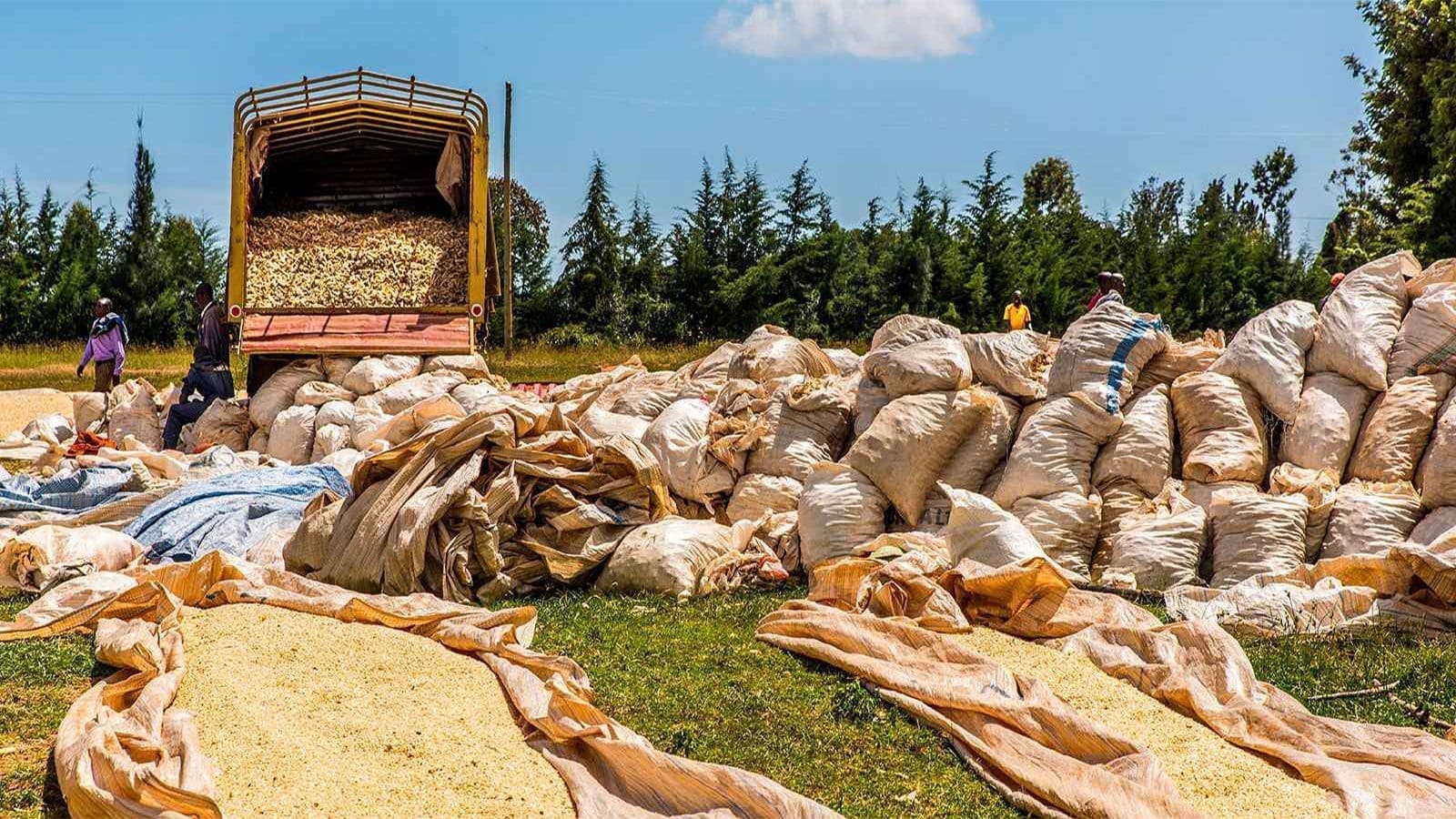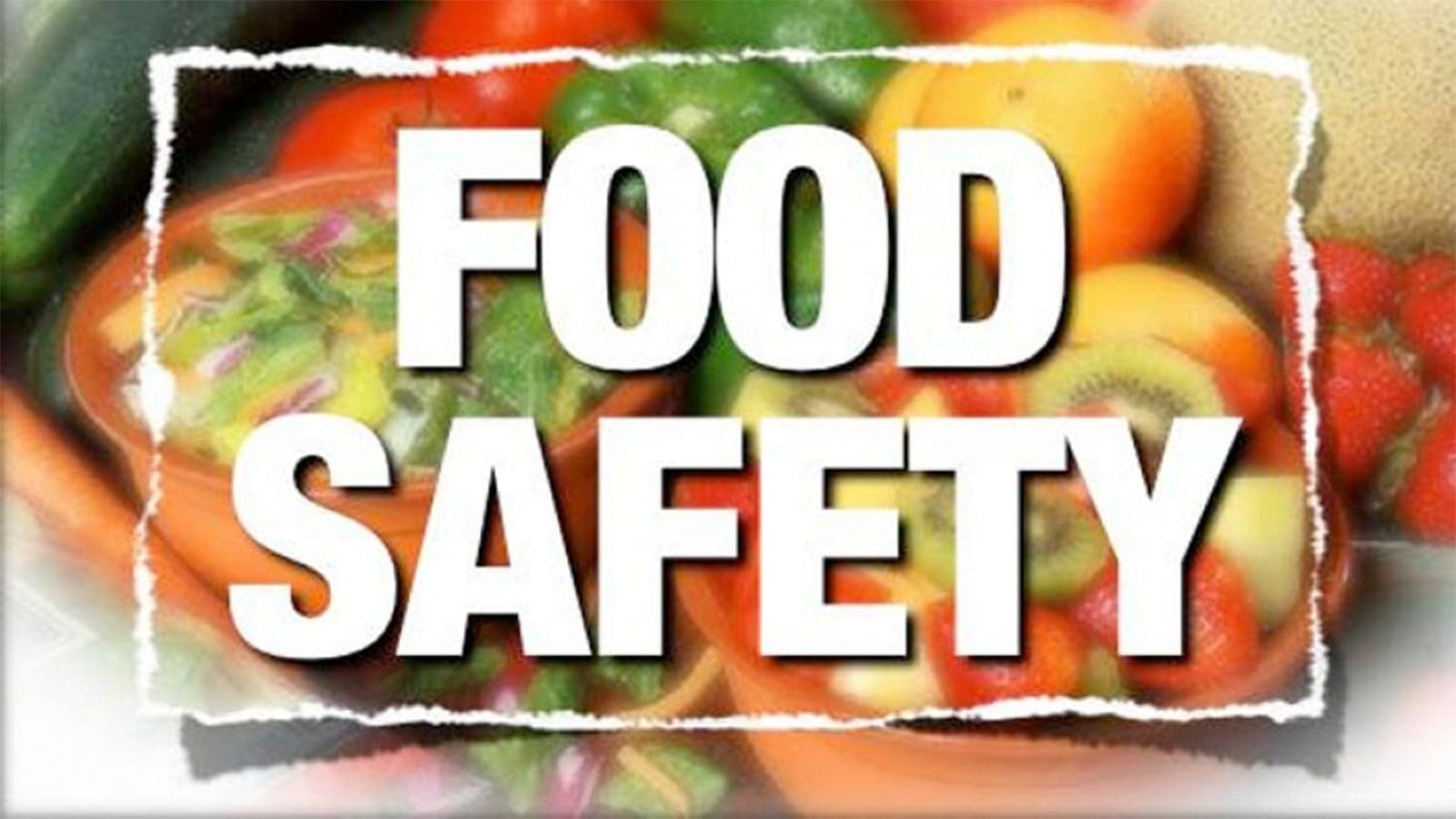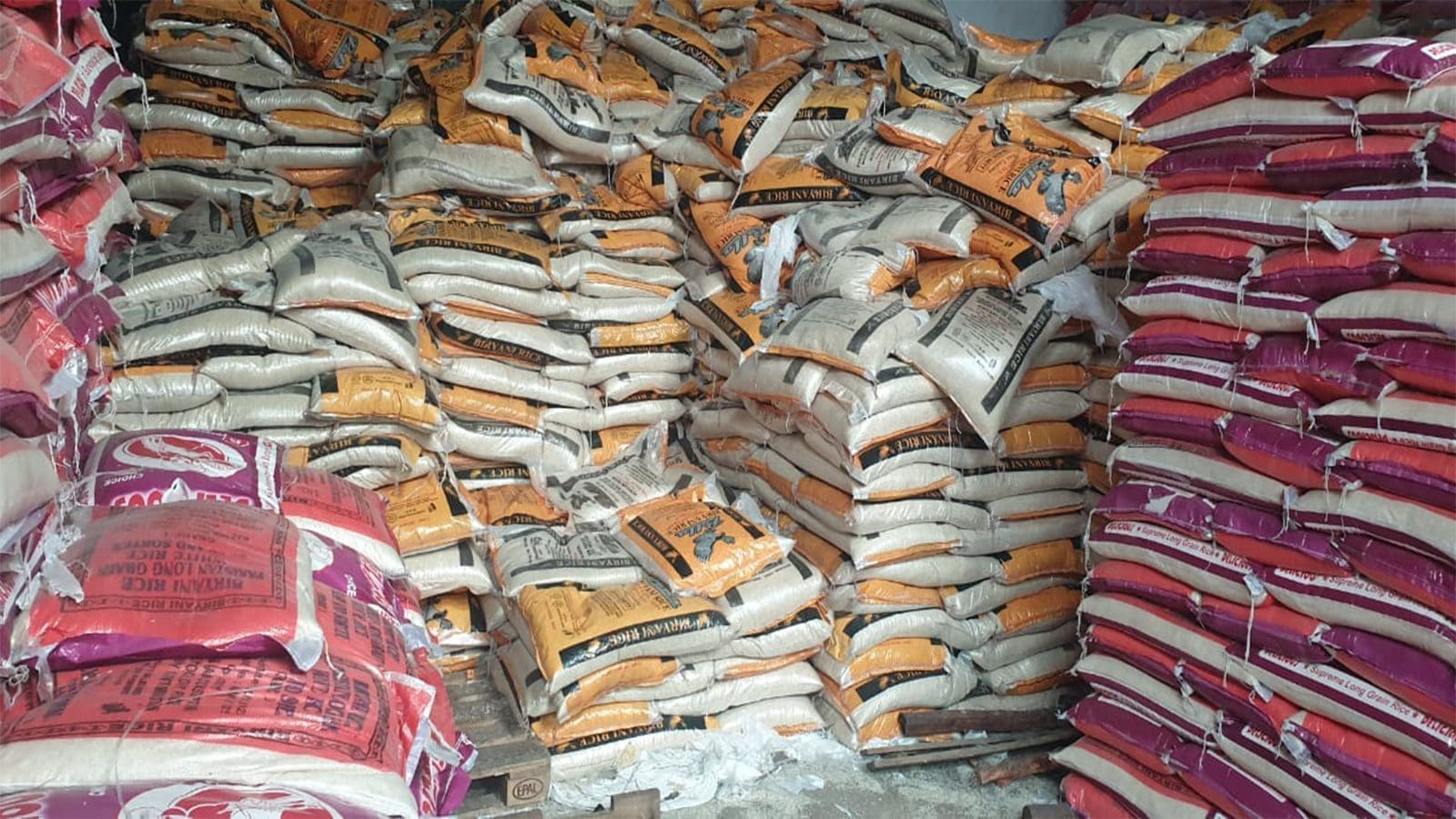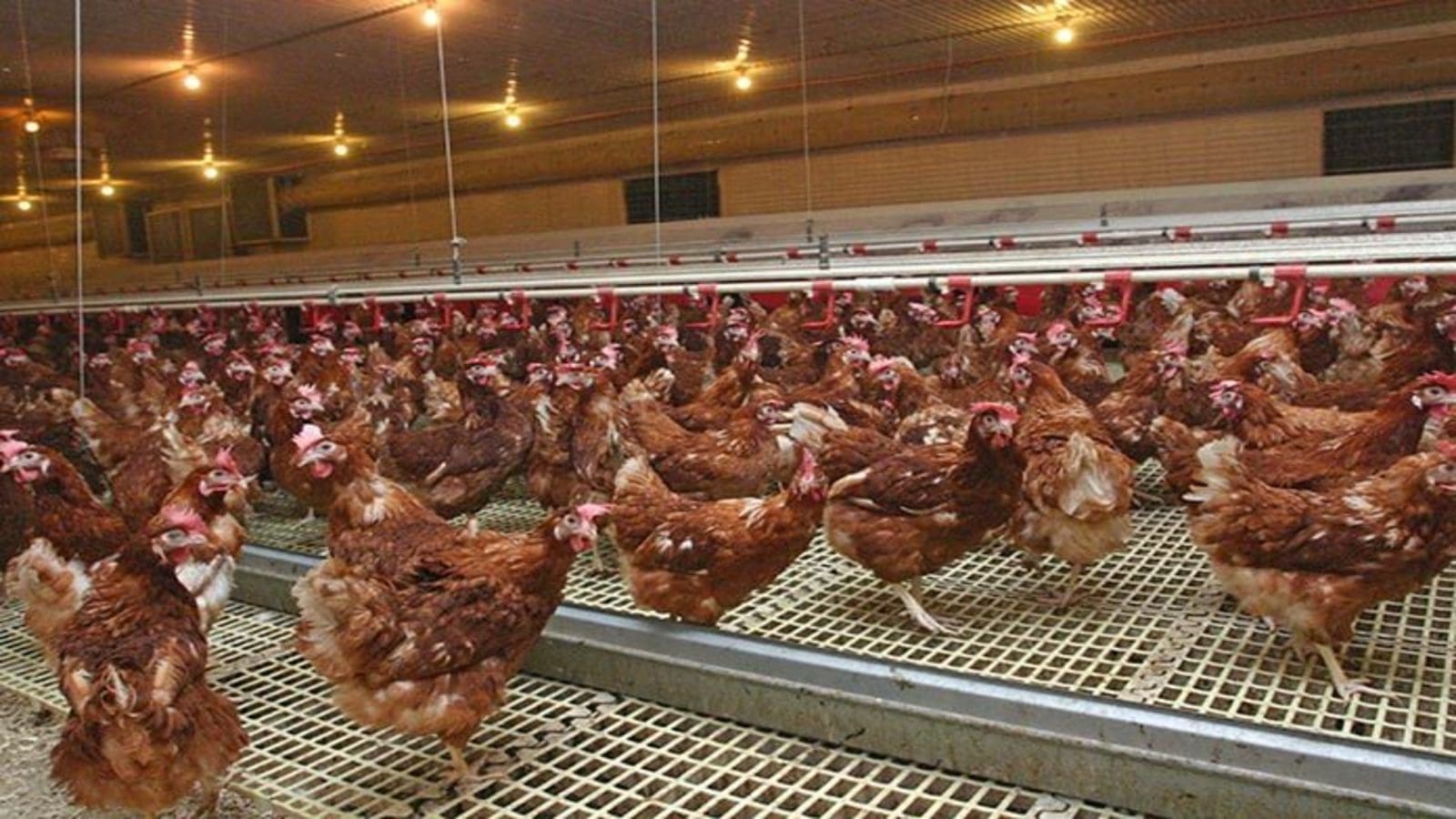KENYA – The Kenya Bureau of Standards (KEBS), has passed a policy geared at supporting the growth of Small and Medium Enterprises (SMEs) in Uasin Gishu County, through a reduction in the cost of service offered.
The new SMEs policy is envisioning a vibrant sector sustainably producing high quality products accessible to local and global markets.
An announcement issued by KEBS Board Chairman Eng. Bernard Ngore, confirms that among other benefits, SMEs in Uasin Gishu will now enjoy graduated costs for all services offered by the national standards body.
“We as the body we believe the SMEs will form a very strong backbone of this economy going forward as 80 per cent of employment in this country comes from SMEs, and it only contributes around 30-35% GDP and this can be improved if they are given the right environment, facilitated and capacitated to graduate from Micro to small and medium to the large firms,” he said.
He added that this move was in response to their stakeholders and customers noting that they were cognizant that the SMEs sector is disadvantaged in comparison to larger businesses. Hence, they have undertaken the initiative to provide discounted rates and charges for players in the SMEs sector.
“As the Bureau we also make sure everything that comes to the country is of high quality through testing. We do not permit anything that is not of the right quality into the country. However, in case it finds itself in the market we have market surveillance which goes around checking to ensure every product is conforming to the standards required,” Ngore expounded.
The Board Chairman informed that KEBS will also provide product and system certification services to facilitate better market access of the SMEs products and market surveillance to ensure quality SMEs products in the market place.
Bernard N. Njiraini, the KEBS Managing Director backed him up voicing that as the Bureau it’s vital for them to see the impact of the standards in the market. He said they had interacted with micro small medium enterprises (MSMEs) and large firms to understand their concerns in regards to the standards they have previously and recently developed.
“As Uasin Gishu County is affluent in Agriculture, we need to ensure that agricultural productivity improves, and this can be done if we ensure the farm inputs such as fertilizers are standard. We have set an elaborate regulatory mechanism for testing and inspection for these products coming from outside,” he said.
KEBS Kenya Quality Award
The Managing Director informed that KEBS has a pre-export verification of conformity to standards (PVOC) program to ascertain that these products before they are shipped to the country meet the standards required.
“We encourage our SMEs to produce high quality products, and licensing as this is crucial to ensure effective trade facilitation for Kenyan products in the regional market and beyond,” he said.
It was in this regard that the regulator established the KEBS Kenya Quality Award (KQA) to identify, recognize, and spotlight role model organizations in Kenya whose performance is worthy of emulation.
The KQA framework is designed to promote quality management systems for SMEs. It is a process by which SMEs will be assisted to initiate, develop and implement quality management systems to a status of certification.
According to the Kenya National Bureau of Statistics (KNBS) data, majority of Kenya’s SMEs do not last beyond 5 years, hence the KQA programme aims to assist them to remain viable, sustainable and in as far as is possible, grow to large enterprises.
Liked this article? Subscribe to Food Safety Africa News, our regular email newsletters with the latest news insights from Africa and the World’s food safety, quality and compliance. SUBSCRIBE HERE








